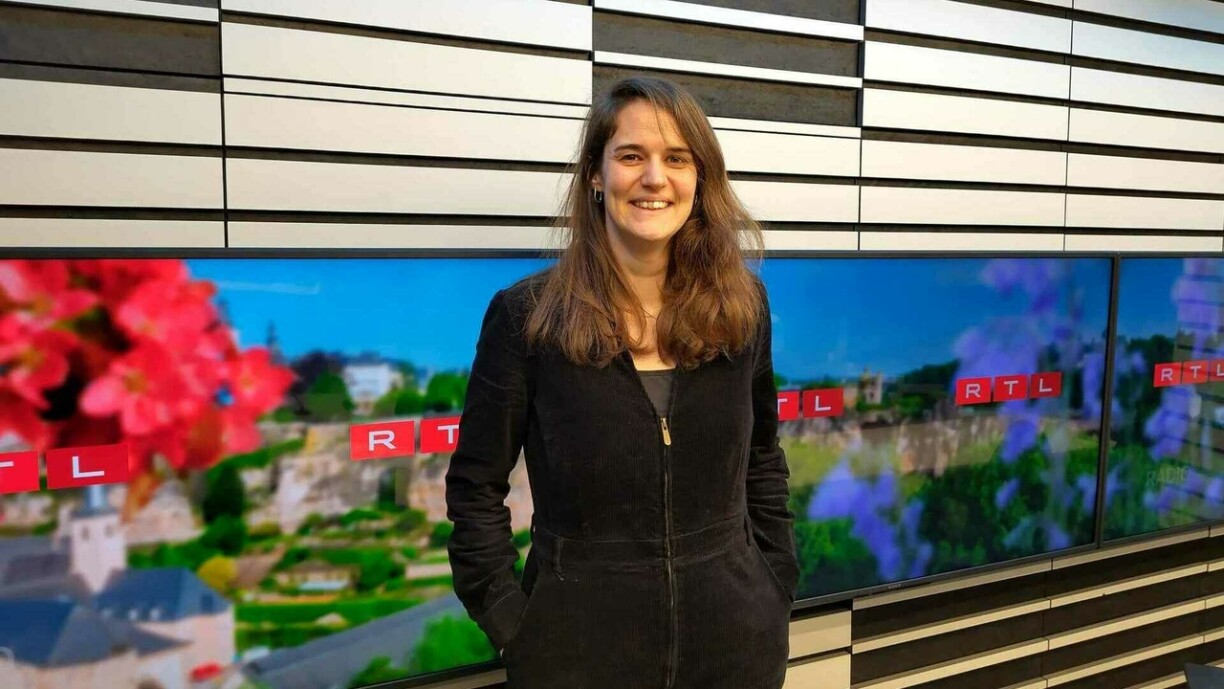
Recent remarks from politicians of the Democratic Party (DP) and the Christian Social People’s Party (CSV) underscore this trend, as highlighted by de Jonge, an assistant professor at the University of Groningen in the Netherlands.
According to de Jonge, radical right-wing ideologies are gaining traction, prompting mainstream parties to adopt similar rhetoric to appeal to right-wing voters. This phenomenon is evident across Europe, with centre-right parties emulating the language and policies of their more extreme counterparts. Even the European People’s Party (EPP) has incorporated elements of radical right-wing agendas into its election manifesto, reflecting the broader political shift.
Looking ahead to the European elections, “polls throughout Europe indicate that far-right parties will gain votes,” potentially influencing the dynamics of the European Parliament.
This is “a very difficult question,” because there is no “panacea,” according to Léonie de Jonge, who added that “timing also plays a crucial role” in determining the most effective approach.
For example, when it comes to radical right-wing parties, de Jonge advocates for deplatforming them before they have a chance to “grow.” This means limiting their exposure, not inviting them to debates, and denying them opportunities for mainstream engagement. However, this tactic becomes increasingly challenging as these parties gain electoral momentum, de Jonge noted.
In theory, there are “three strategies.” The first is “isolation through deplatforming.” The second is to “engage in debate, seek confrontation, and try to unmask radical ideas.” The third is to “copy these parties, adopt their positions, and live with them.”
Discussing the trajectory of Luxembourg’s Alternative Democratic Reform Party (adr), de Jonge noted its perceptible shift towards the right end of the political spectrum, gradually embracing more radical positions over time. While de Jonge refrained from categorising adr as an extremist right-wing party, she underscored its increasing radicalisation, particularly concerning issues like migration and gender.
This evolution prompts critical questions about how to respond effectively. De Jonge emphasised the importance of media scrutiny in confronting this trend, urging introspection on the boundaries of tolerance. She posed a fundamental query: “How far are we willing to tolerate intolerance?”
De Jonge drew parallels with Wallonia’s deplatforming policy, where parties deemed to undermine freedom face restrictions.